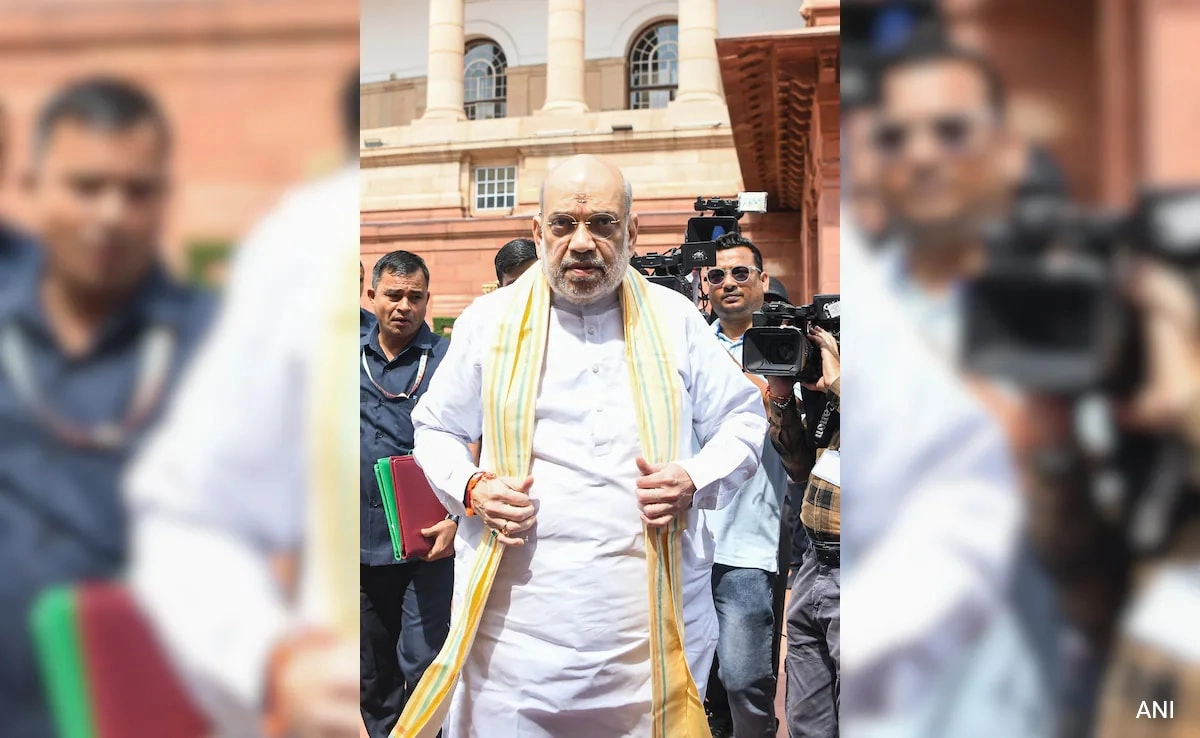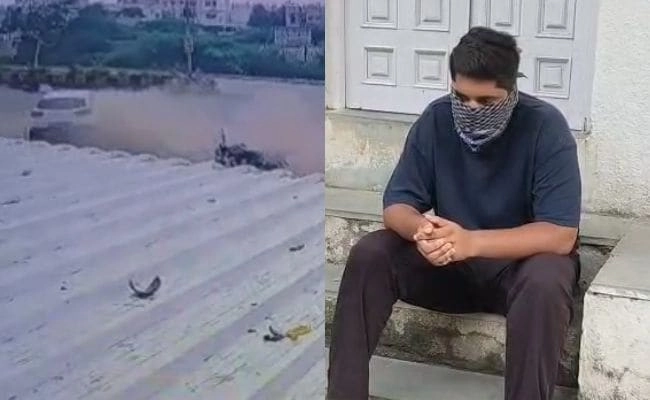In a significant move aimed at reforming the political landscape, Union Home Minister Amit Shah has introduced a bill that seeks to disqualify individuals from holding public office if they have been jailed for over 30 days without a conviction. This legislative proposal, which has garnered substantial attention, specifically targets former Prime Ministers and Chief Ministers who find themselves entangled in legal issues. The bill is seen as a bold step towards enhancing accountability among political leaders and ensuring that those who occupy high offices maintain a clean record.
The proposed legislation raises critical questions about the intersection of law and politics. By mandating disqualification after a 30-day imprisonment without a conviction, the bill introduces a significant threshold that could lead to the removal of prominent political figures from their positions. Advocates of the bill argue that it is essential for maintaining the integrity of public office and restoring public trust in the political system. They contend that individuals who are facing serious legal challenges should not be allowed to wield power, as it could compromise governance and public welfare.
Critics, however, have expressed concerns regarding the potential implications of such a measure. Some argue that the bill could be misused to target political opponents, leading to a situation where the legal system is weaponized for political gain. The fear of unjust disqualification may deter capable leaders from participating in politics, thereby diminishing the quality of leadership in the country. Furthermore, the bill raises questions about due process and the presumption of innocence, fundamental principles that underpin democratic societies.
As the bill progresses through legislative channels, it is likely to spark intense debates among lawmakers, political analysts, and the public. The outcome of this proposal could reshape the political landscape in India, affecting not only the current political figures but also future generations of leaders. Ultimately, the balance between enforcing accountability and safeguarding democratic principles will be crucial in determining the bill’s fate and its long-term impact on Indian politics.




